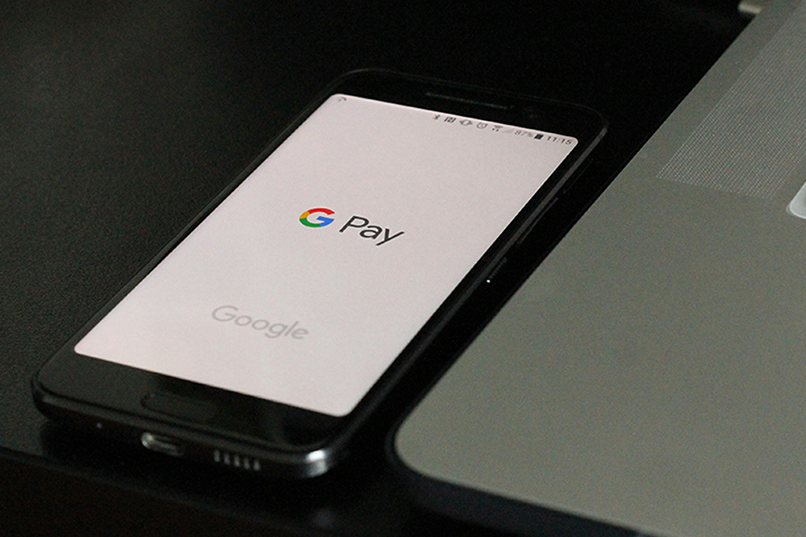
Source: © Marco Bottigelli/Moment via Getty Images.
India’s fintech landscape is undergoing a remarkable transformation, as showcased at the 2024 Global Fintech Fest in Mumbai. With over 100,000 attendees, the event highlighted India’s unique approach to treating fintech as a digital public good, even amidst a slowdown in venture funding. This strategy has positioned India as a leader in digital payments and financial inclusion, setting a global benchmark.
Key innovations and launches
The National Payments Council of India (NPCI) introduced several groundbreaking innovations at the fest. One of the most notable was the UPI Circle Delegation Tool. This tool empowers users to delegate transaction capabilities to friends and family within set limits, promoting financial inclusion for those without bank accounts. Integrated into popular apps like PhonePe and Google Pay, UPI Circle exemplifies India’s commitment to making digital finance accessible to all.
Another significant launch was the Bharat Bill Pay for Business platform. This B2B platform aims to streamline invoicing, payments, and collections by unifying billers, payers, banks, and aggregators under standardized APIs. This initiative signals a shift towards simplifying business financial processes and highlights the next wave of innovation in India’s payment market. By adopting standardized APIs, the platform seeks to overcome the challenges posed by proprietary, unstandardized APIs currently used by fintechs and banks.
Financial inclusion and digital transformation
Prime Minister Narendra Modi, addressing the conference, emphasized India’s achievements in digital payments. He noted that half of the world’s real-time digital transactions now occur in India, a testament to the country’s robust digital infrastructure. This success is largely due to initiatives like the Aadhaar digital identity program and the Jan Dhan Yojana, which have collectively opened 530 million bank accounts, connecting a population equivalent to the European Union to the banking system.
The NPCI plays a dual role as both a payments rail operator and a product innovator. Its UPI infrastructure enables seamless account-to-account transfers, which fintechs have leveraged to enhance user experiences. This integration of public and private efforts has been central to India’s digital payments prowess, enabling widespread adoption and innovation.
Global integration and challenges
While India’s digital payments ecosystem thrives, challenges remain, particularly in global payment integration. Concerns were raised about linking FedNow, the US instant payments system, with global systems. Federal Reserve Governor Christopher Waller highlighted the complexities of interoperability and the need for intentional slowdowns to prevent fraud and ensure security. The limited participation in FedNow further complicates efforts to establish global linkages.
Fraud remains a significant issue within India’s digital payments boom. As digital adoption increases, so does the sophistication of fraudsters. Advanced techniques, including AI-powered voice cloning, have been employed to exploit vulnerabilities in the system. This has led to calls for increased collaboration and data sharing among financial institutions to effectively combat fraudulent activities.
The role of fintech as a digital public good
India’s approach of treating fintech as a digital public good has been instrumental in its success. By leveraging public infrastructure like UPI, fintech startups have been able to improve accessibility and deliver enhanced user experiences. This strategy not only promotes financial inclusion but also drives innovation by creating an ecosystem where public and private entities collaborate for the greater good.
The NPCI’s efforts to expand the acceptance of Indian payment methods globally further illustrate this approach. By partnering with international entities, NPCI is working to increase the global footprint of UPI and RuPay card payments. This expansion is particularly focused on countries with significant Indian tourist or migrant worker populations, such as the UK, Europe, and the Middle East.
Conclusion
India’s fintech journey is a testament to the power of treating digital finance as a public good. The country’s success in digital payments and financial inclusion sets a global example, showcasing the potential of public-private collaboration. However, addressing challenges like fraud and global integration will be crucial for sustained growth and security in the fintech sector. By continuing to innovate and collaborate, India can maintain its leadership position and drive further advancements in the global fintech landscape.
Want insights on consumer technology trends delivered to your inbox? Join the 451 Alliance.
Want insights on fintech trends delivered to your inbox? Join the 451 Alliance.
This content may be AI-assisted and is composed, reviewed, edited and approved by S&P Global in accordance with our Terms of Service.

